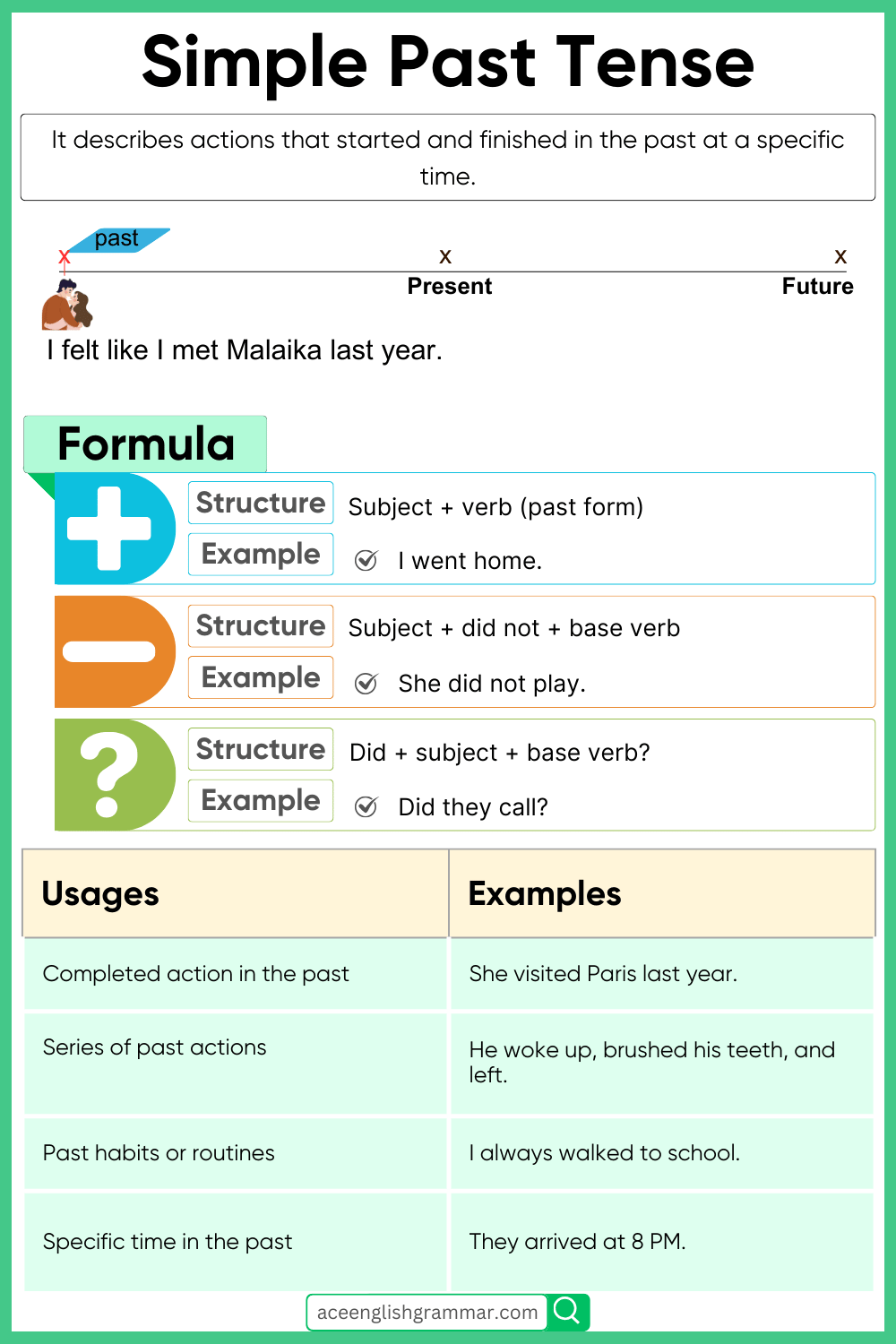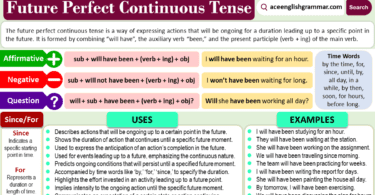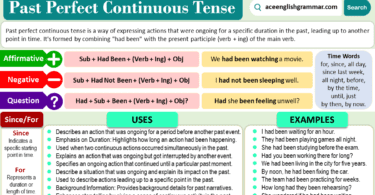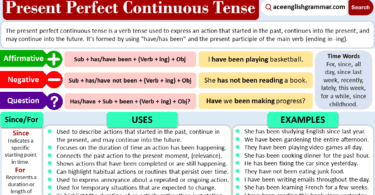Do you often say “I go to school yesterday” instead of “I went to school yesterday”? Making such errors in the Simple Past Tense is common, but understanding its structure can make your communication much clearer. This blog post helps learn the Simple Past Tense rules, structure, and examples to speak correctly and confidently about past actions.
Table of Contents
What is Simple Past Tense?
The Simple Past Tense describes actions or situations that happened and were completed in the past. It is one of the most commonly used tenses in English.
- I played football yesterday.
- She visited her grandmother.
Structure of Simple Past Tense
Positive Sentences (+)
In affirmative sentences, the structure is:
- Subject + Past Verb (2nd Form) + Object
Examples:
- She read a book before bed.
- They ate pizza for dinner.
- He bought a new car last week.
Negative Sentences (-)
In negative sentences, we use “did not” (or “didn’t”) followed by the base form of the verb:
- Subject + Did + Not + Base Verb (1st Form) + Object
Examples:
- I didn’t eat breakfast this morning.
- She didn’t pass the exam.
- He did not finish his homework.
Interrogative Sentences (?)
For questions, we use “Did” at the beginning, followed by the subject and the base verb:
- Did + Subject + Base Verb + Object?
Examples:
- Did you finish your homework?
- Did she watch the movie?
- Did they travel last year?
Negative Interrogatives
To ask a negative question in the simple past tense, we combine the negative and interrogative forms:
- Did + Subject + Not + Base Verb + Object?
Examples:
- Did he not call you back?
- Did she not like the book?
- Did they not finish the project?
Uses of Simple Past Tense
1. To talk about a completed action in the past
- I visited the masjid last night.
- She ate dinner at 7 PM.
2. To describe a series of actions in the past
I woke up, brushed my teeth, and left for work.
3. To express habits in the past
- He played cricket every weekend.
- We visited our grandparents every summer.
4. To talk about a specific moment in the past
- They arrived at 6 o’clock yesterday.
- The concert started at 8 PM.
Time Expressions for Simple Past
| Time Expression | Example |
|---|---|
| Yesterday | I studied yesterday. |
| Last week | We went to the beach last week. |
| In 2005 | He moved to the UK in 2005. |
| Two days ago | I saw him two days ago. |
| A week ago | She came back a week ago. |
Examples of Simple Past Tense
✅ Affirmative
- Bilal read the Quran yesterday.
- We watched a movie last night.
- They traveled to Makkah last year.
- I studied for my exams last weekend.
- My father cooked dinner yesterday.
❌ Negative
- I did not play basketball yesterday.
- She did not go to the party.
- They didn’t finish the project.
- He did not attend the class.
- We did not see the movie.
❓ Interrogative
- Did you play football yesterday?
- Did she call her friend?
- Did they enjoy the concert?
- Did you finish your homework?
- Did they arrive on time?
Common Mistakes and Corrections
- I go to the market yesterday. ❌
- I went to the market yesterday. ✅
- She didn’t liked the food. ❌
- She didn’t like the food. ✅
- They eats dinner at 7 PM. ❌
- They ate dinner at 7 PM. ✅
- Did he went to school? ❌
- Did he go to school? ✅
- I didn’t saw him at the party. ❌
- I didn’t see him at the party. ✅
Simple Past Tense vs Simple Future Tense
| Aspect | Simple Past Tense | Simple Future Tense |
|---|---|---|
| Definition | Describes an action that happened in the past. | Describes an action that will happen in the future. |
| Structure | Subject + past form of verb | Subject + will + base verb |
| Example | She visited her grandmother last weekend. ✅ | She will visit her grandmother next weekend. ✅ |
| Time Reference | Past (completed actions or events) | Future (predictions, plans, or decisions) |
| Signal Words | yesterday, last year, in 2000, ago | tomorrow, next week, soon, later |
Practice Exercise
Fill in the blanks:
- I ______ (visit) the museum last weekend.
- ______ you ______ (watch) the movie yesterday?
- He ______ (not like) the food.
- They ______ (finish) their homework last night.
- We ______ (go) to the masjid last Friday.
Answers:
- visited
- Did, watch
- did not like
- finished
- went
FAQs
Questions are formed by placing “Did” before the subject, followed by the base verb (Did you visit Paris?).
Negative sentences use “did not” (didn’t) followed by the base form of the verb (He didn’t go).
Use for completed actions, past routines, and to tell stories or narrate events that occurred in the past.
Regular verbs take “-ed” for the past form (walk → walked), while irregular verbs have unique past forms (go → went).
Simple past tense expresses actions that happened and were completed in the past. It uses the past form of the verb, such as “went” or “played.”
Read More





Leave a Comment